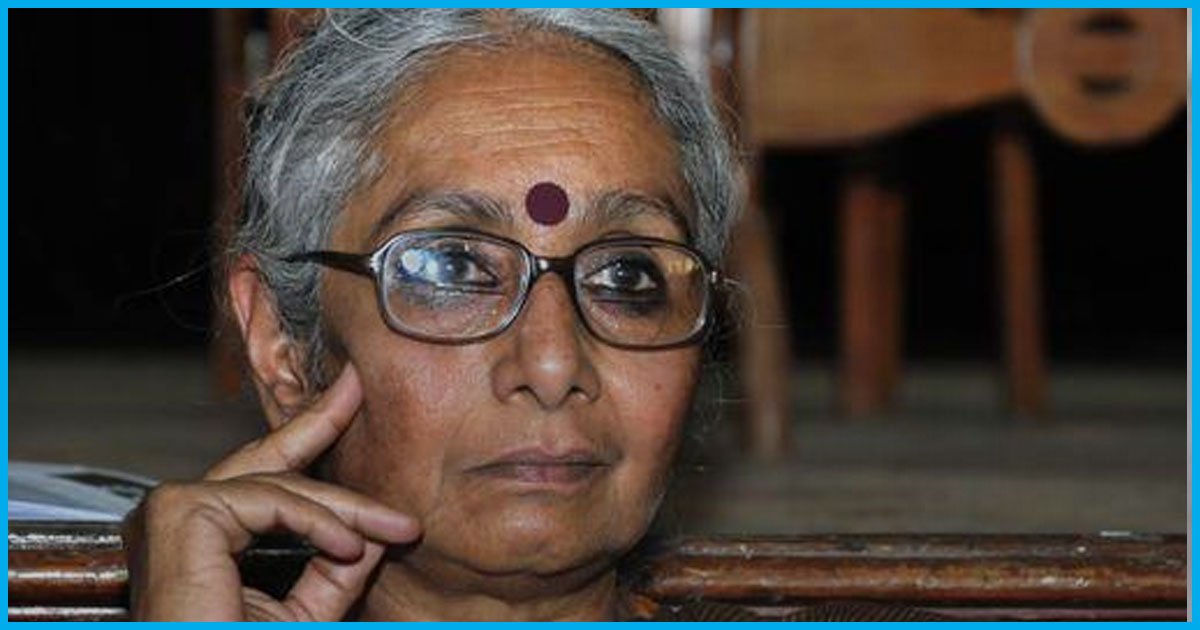
The Birth Of Right To Information - Aruna Roy
13 April 2018 12:51 PM GMT
The Right to Information campaign like many other people’s campaigns was a demand for the cessation of doublespeak in the power centres of governance. For the person at the edge – it was the right to live and therefore the right to know. For me, hell was defined in Kafka’s Trial, in Huxley’s Brave New World and in Orwell’s 1984. Our struggle is, and was, the battle for sense and logic, for truth and a preoccupation with the business of living with justice and peace. The RTI campaign attempted to design tools for excavating information and truth from deliberate overlays of lies and deceit intended to hide corruption and the arbitrary use of power. It sought to establish logic and systematic accountability in the architecture of governance.
It was in the early years of living and working with people in rural Rajasthan that many important questions kept arising persistently, asking to be addressed. What justification could be given to the continuing oppression of the poor by a deliberate denying of basic rights? When groups resisted or protested against corruption and the arbitrary use of power, they faced police action and state violence. A timid citizenry allowed the illogic to ride freely, anxious not to face the ire of those wielding power.
Truth is a dense word and needs unpacking to see where and in which context it becomes both meaningful and useful. The administration often told us, “It is your version of the truth”! We were bemused. Truth, we were told, is absolute, how then could there be versions, could there be variations? In the area of people’s concerns, it is common sense that often works and clears the path for sensible public action. In the interface with the system, facts mattered and they were hidden from people. The RTI was defined by the people through allegory and parable. Somewhere in their definitions lies truth, logic and common sense.
Two important stories from the annals of the Mazdoor Kisan Shakti Sangathan (MKSS) experiences bring forward the essence of people’s wisdom.
The first is the story of Mohan Ram, affectionately called Mohanji or Mohanba, founder member of the MKSS, a Dalit small farmer and worker. He was also the sangathan bard and the local “bhagat” a repository of Kabir bhajans. Sitting outside the MKSS office and home in Devdungri, in 1991 he asserted after our second hunger strike, that there had to be a more lasting solution than continual hunger strikes to get demands met. He summed it up with, “whenever we ask for justice, they deny it with ‘records do not say so’; the records have to be brought out if we are to prove that we speak the truth”. He defined the essence of a movement for accountability and transparency.
The second is Sushila’s statement in a press conference organized by the Press Council in Delhi to release the first draft of the RTI Bill in 1996. A journalist asked her with an air of extreme scepticism, “Have you been to school?”. She answered, “yes up to class four”. He dismissed her with, “More learned and literate people have failed with demands for information. What can you do?” She answered, “When I send my son to the market with 10 rupees and he comes back, I ask for accounts. The government spends crores of rupees in my name should I not ask for accounts? Hamara paisa , hamara hisab (our money, our accounts)”. She defined transparency and accountability with clarity and logic in four words. A slogan of the RTI movement.
The campaign for a legal entitlement to information also moved between struggle and advocacy – between common sense and the theoretical arguments. In the long drawn battle of attrition – the drafting of the central RTI – the government was loath to include penalty provisions for non-provision of information within a stipulated time. It was the struggle in Janawad, Rajasthan (2001), that established that a law such as the Rajasthan RTI Act, without provision of penalty for delaying and denying of documents, would destroy the intent of the legislation, to the parliamentary standing committee.
The book we have put together is an effort to remind us that people need a framework of participatory democracy to express their common sense and wisdom. It captures the small stories and people’s struggles that gave birth to the MKSS and one part of the struggle for the Right to Information. It is a process and structure that contested the concentration of power, to enable the delivery of justice and constitutional rights.
This chronicle is an assertion of collective wisdom, culled from experiences and anecdotes of people, put together by a team of people brought together in their common search for justice and equality.
This article is written by social activist Aruna Roy, the founder of Mazdoor Kisan Shakti Sangathan. She is the author of the book “The RTI Story: Power to the People”.
 All section
All section













